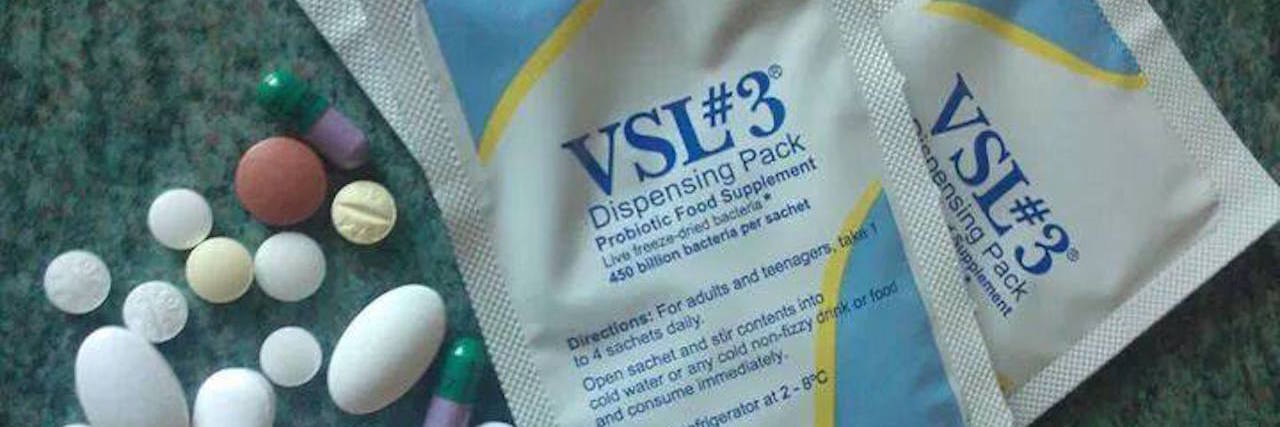As is often the case when you have a chronic illness, people assume that once you’re receiving treatment for your condition, you are on the mend.
I have inflammatory bowel disease, a chronic and recurring condition. I was diagnosed 10 years ago and have only ever been medication-free for a few months at a time, usually following surgery. Contrary to popular belief, taking medication doesn’t mean that I now feel well. The medications themselves often have side effects of their own, that you may even find you need more medication to treat! So the circle continues… IBD presents itself in numerous different ways, and differs from person to person, so while one individual may find that their symptoms are easily managed with medication, another may spend years going from treatment option to treatment option, and ultimately find that there is nothing to alleviate all of their symptoms.
Many charities exist for people with Crohn’s and ulcerative colitis and they cover a wide range of offerings between them, from raising awareness to personal grants and funding medical research to ultimately find a cure. I am very active within the IBD community and often contribute to groups, as well as running #IBDSuperHeroes, which is predominantly a fundraising campaign to find a cure but also focuses on raising awareness of IBD amongst the masses.
It is important to help those with no knowledge of IBD gain a better understanding of the condition, but you will often find that if it doesn’t directly affect someone, they have very little interest in being educated about it. I would love for the world to understand that IBD has many extra-intestinal manifestations, and is not just a disease that revolves around stomach cramps and toilet trips. Joint pain and fatigue are a major struggle for me on a daily basis, regardless of whether I am having stomach related flare symptoms. I consider my IBD to be managed, in the sense that I “manage.” I work 30 hours a week, my bills are paid, my dogs are fed and generally my house doesn’t resemble a pigsty too much. The reality is, I don’t have much of a social life because more often than not, I am asleep!
It has become clear during the last few years that many people who fundraise for Crohn’s and colitis charities often don’t actually know where their money goes. They assume that fundraising generally means that they are contributing to finding a cure for their condition, when in reality, I discovered that one large charity in the UK actually only invested a small percentage of donations in 2015 to research. I would advise anyone, looking to do some fundraising, to research a few charities in advance, and see which best align with their end goal.
Ultimately, my wish is for a cure. When we get there (I say “when” because I believe it to be true), the need for awareness-raising will be non-existent. For me and many others I know, a cure will not make us better — it certainly will not return my colon — but knowing that future generations will at some point not have to suffer the way that I and the people I have come to know have is where my end goal lies.
We want to hear your story. Become a Mighty contributor here.

